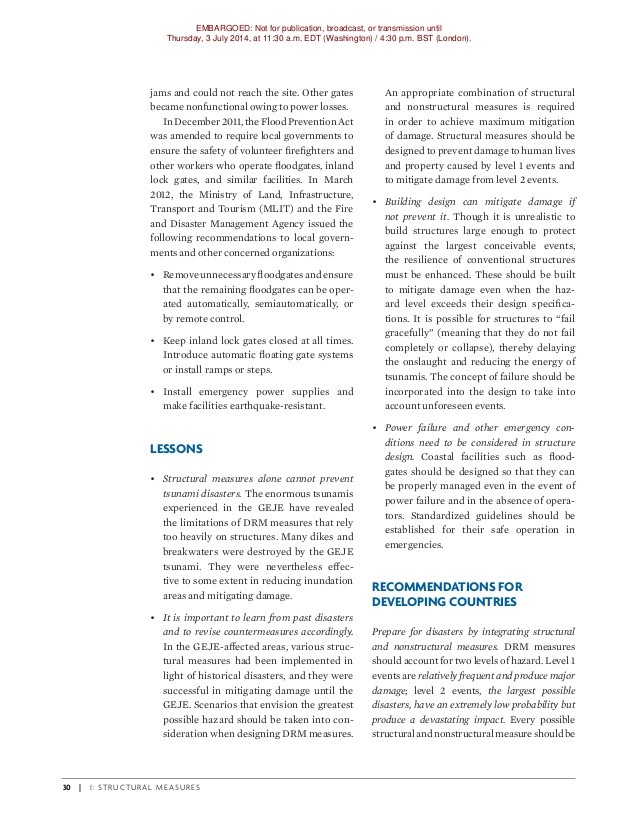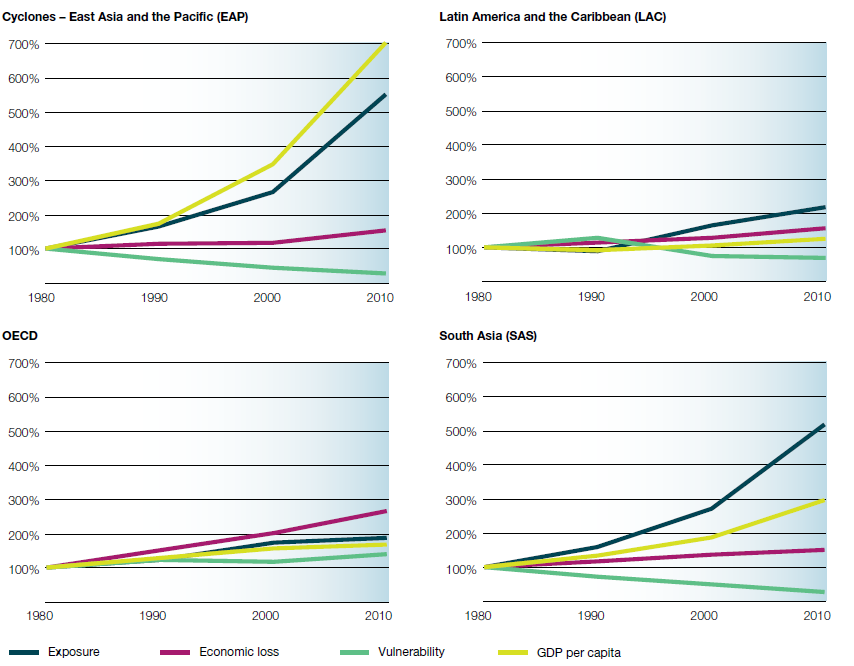Japan s credit lessons act fast expose all losses
Post on: 28 Июль, 2015 No Comment

TOKYO (Reuters) — U.S. banks and policymakers have tackled the unfolding credit crisis with much more vigor than Japan did during its banking blow-out in the 1990s.
Yet they still risk repeating Japan’s biggest folly: covering up losses in a futile attempt to soothe investors’ frayed nerves.
Just like today’s crisis started with the U.S. mortgage market meltdown, Japan’s banking crisis erupted when a real estate bubble burst, hitting loans made against property collaterals.
But as bad debts piled up Tokyo did not force banks to write them off and let unprofitable banks survive out of fear that a major bank failure would cause panic.
That delayed necessary capital injections to banks, including public aid.
Japan’s biggest mistake was its attempt to cover up losses, said Nobuo Ikeda, a professor of economics at Jobu University, who as a journalist covered the crisis in the early 1990s.
In contrast, today major banks have been quick to replenish their capital, often with help of Asian and Middle Eastern sovereign wealth funds. The Federal Reserve has slashed rates drastically and helped orchestrate the rescue of Bear Stearns BSC.N, while U.S. politicians are working on a fiscal stimulus package.
I think the U.S. authorities’ crisis control has been very good, said Seiya Nakajima, chief economist at Itochu Corp.
But Japanese economists are alarmed by calls for changes to accounting rules that would limit credit-related write-offs.
They say efforts to conceal the real magnitude of losses proved self defeating in Japan’s case, resulting in the lost decade of economic stagnation, deflation and falling asset prices.
At the core of the current crisis again is the difficulty investors and bank risk managers have in putting a value on complex credit products, such as collateralized debt obligations (CDOs) as trade in them shrivels.
The Institute of International Finance, a global financial services association, last week called for a review of accounting standards that force banks to put a price on their assets, saying that could spark a downward spiral.
Fed Chairman Ben Bernanke also said last week that mark-to-market accounting had helped destabilize markets for illiquid assets, although he stopped short of calling for a change in the rules.
But Japanese economists argue that their country’s experience shows that in the long-run even the harshest truth about the scale of the problem is better than nagging uncertainty.
An experiment called the Ellsberg Paradox illustrates the point.
In the experiment, two urns are filled with red and black balls. One has 50 of each color while the second holds 100 balls, but the number in each color is not known.
People told to pick out a red ball from either urn overwhelmingly choose the first urn, even though the second could have had more red balls.
People prefer the certainty that there’s a half chance of success than knowing nothing at all, Ikeda said. In other words, people ask for a huge discount for uncertainty so it is important to fix losses and reduce uncertainty.
Japan waited until 1997, several years into its crisis, before it let a few financial institutions go under and in the following years the government spent $120 billion to replenish ailing banks’ capital.

And it was only in 2003 that a push by reform-minded former Prime Minister Junichiro Koizumi to accelerate bank write-offs put an end to more than a decade of banking malaise.
The initial softly-softly approach failed to stem the rot.
On the contrary, uncertainty about the true scale of the banking crisis hit confidence and as property prices kept falling bad loans snowballed leading to nearly $1 trillion in write-offs.
That is about the same size as the International Monetary Fund’s estimate of worldwide losses from the latest credit market losses of $1 trillion.
Aware of the risk of keeping financial markets guessing about the magnitude of today’s crisis, the Group of Seven financial chiefs have called for risk disclosure and fair value estimates for complex and illiquid instruments.
They also asked for enhanced guidance on fair value accounting, within 100 days from their meeting on April 11.
But Japanese officials warn that drawing a line under the current crisis may prove trickier than assessing bad debts held by Japanese banks.
There is no benchmark for valuing complex credit products that may depend on a pool of derivatives, which again might be linked to a pool of sliced mortgage loans, a senior official at Japan’s financial watchdog, Financial Services Agency, said.
Japanese banks have so far largely escaped the worst of the crisis because they have become more conservative after a decade-long struggle, but the country’s watchdog is not dropping its guard.
It’s like an avian flu epidemic, one that Tamiflu won’t work, is spreading from the United States to all over the world. Nobody really knows how to deal with it, the official said.














